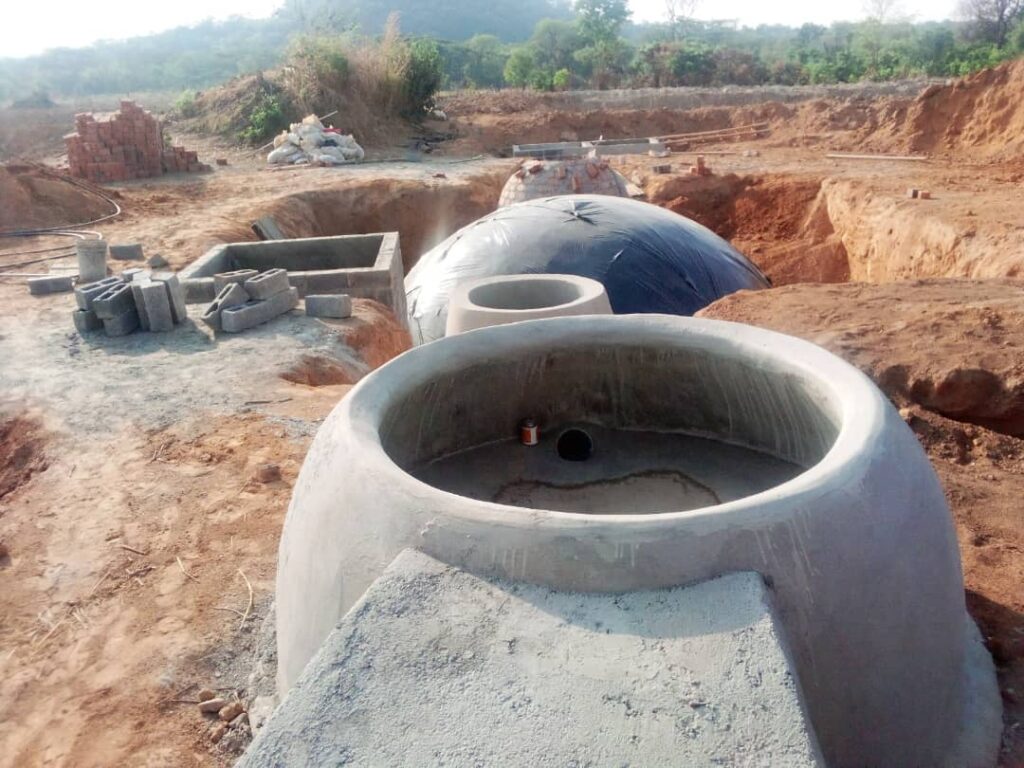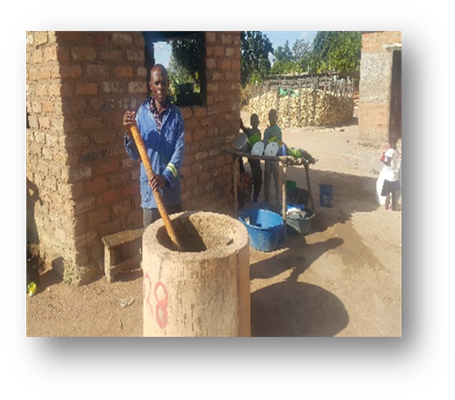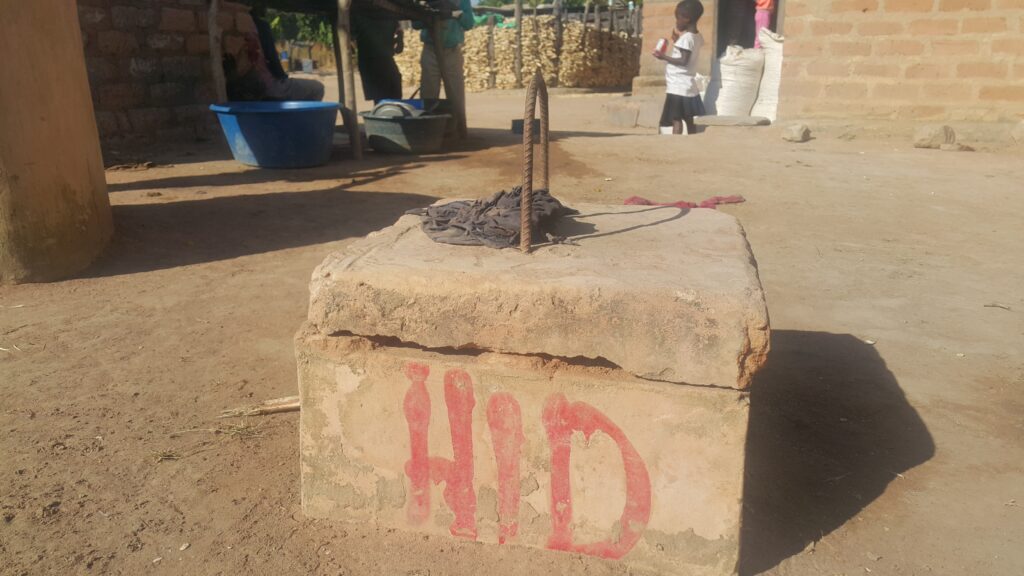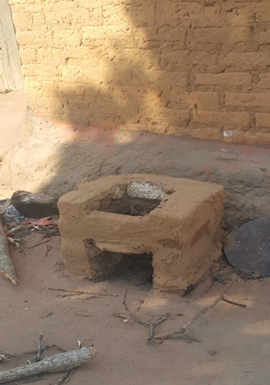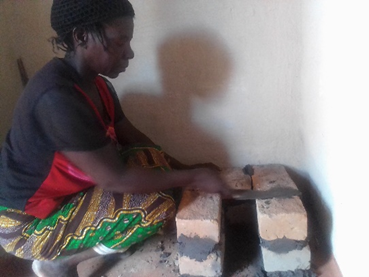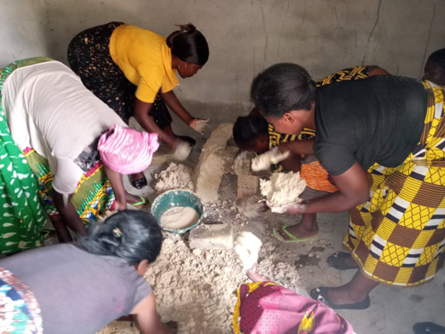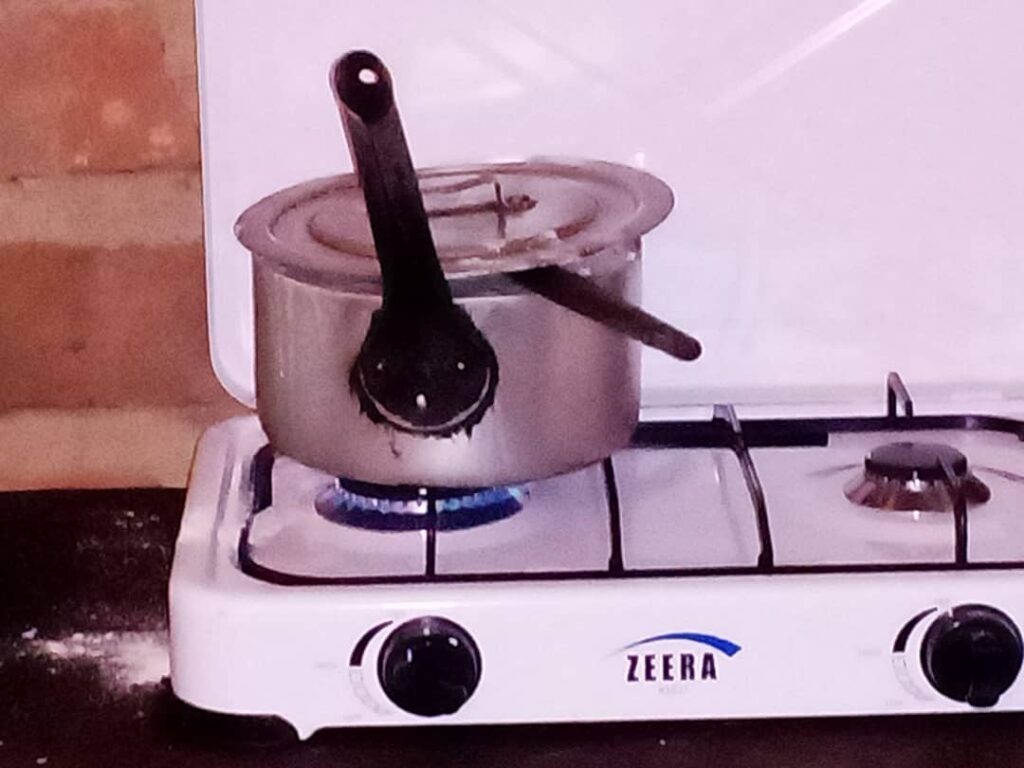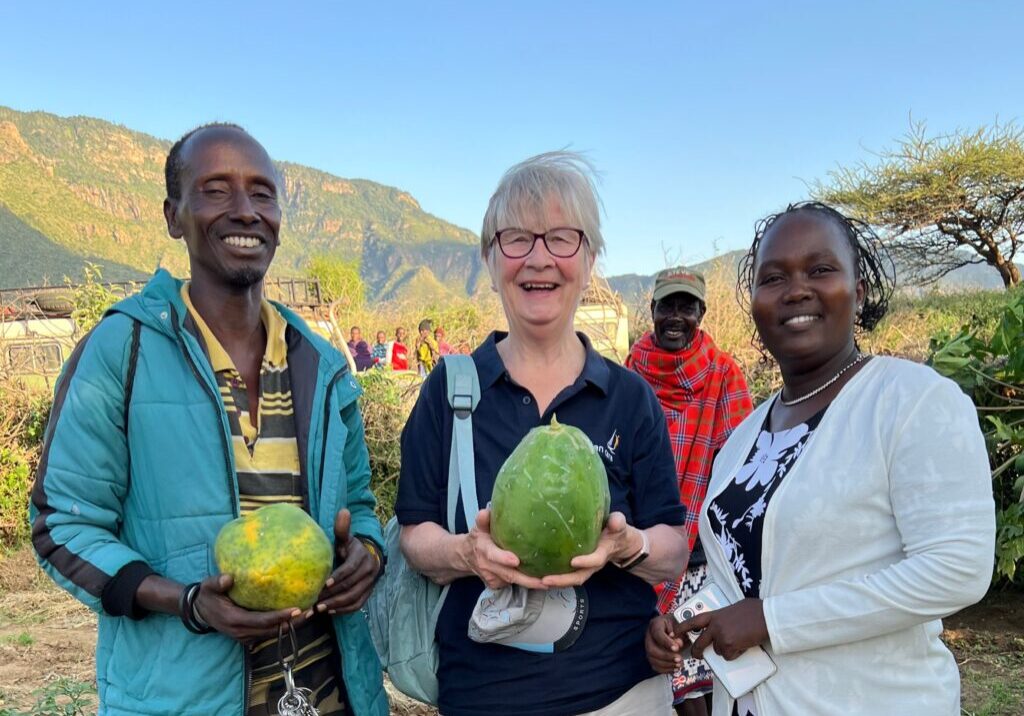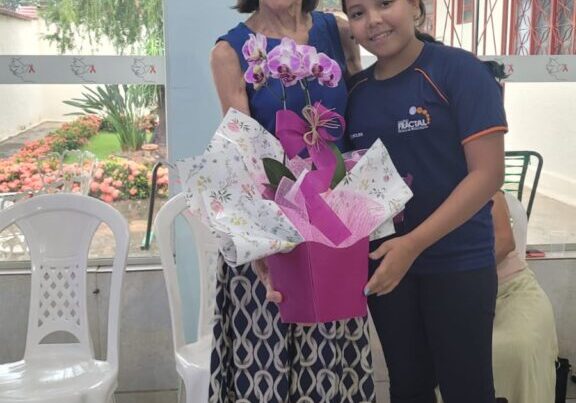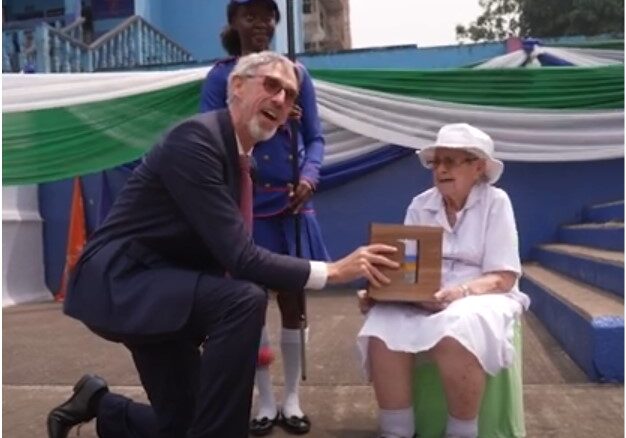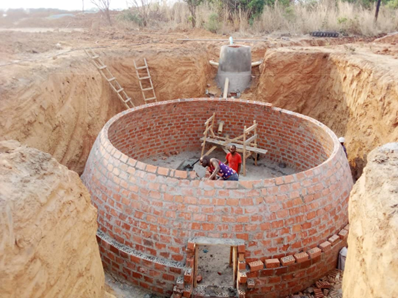
Misean Cara Member Organisation: Sisters of the Sacred Hearts of Jesus and Mary
Project: Households in Distress (HID) Programme
Location: Northern Province, Zambia
“Our vision and mission at the Sisters of the Sacred Hearts of Jesus and Mary, Households in Distress programme, is to establish a sustainable future through effective climate action at all levels.”
In Zambia’s Northern Province, where more than 75% of people support themselves through small agriculture, the impact of climate change is felt very acutely. Erratic rainfall in recent years (including a record ongoing drought in 2024), along with factors such as deforestation and soil depletion are leading to low crop yields and exposing people to increased poverty levels, hunger, poor nutrition and food security, falling household income and ever increasing exposure to climate shocks.
Since 1991, the Sisters of the Sacred Hearts of Jesus and Mary have run the Households in Distress programme in 5 districts in the Northern Province (Mbala, Mpulungu, Senga, Kasama, and Mungwi). Every year HID supports 2,800 individuals through a sustainable livelihoods programme that includes climate-smart agricultural training, aiming to enhance the resilience and livelihoods of the most vulnerable individuals impacted by climate change and extreme weather. HID helps participants to become more food, nutrtion and income secure while also reducing greenhouse gas emissions, promoting renewable energy and fostering environmental stewardship.
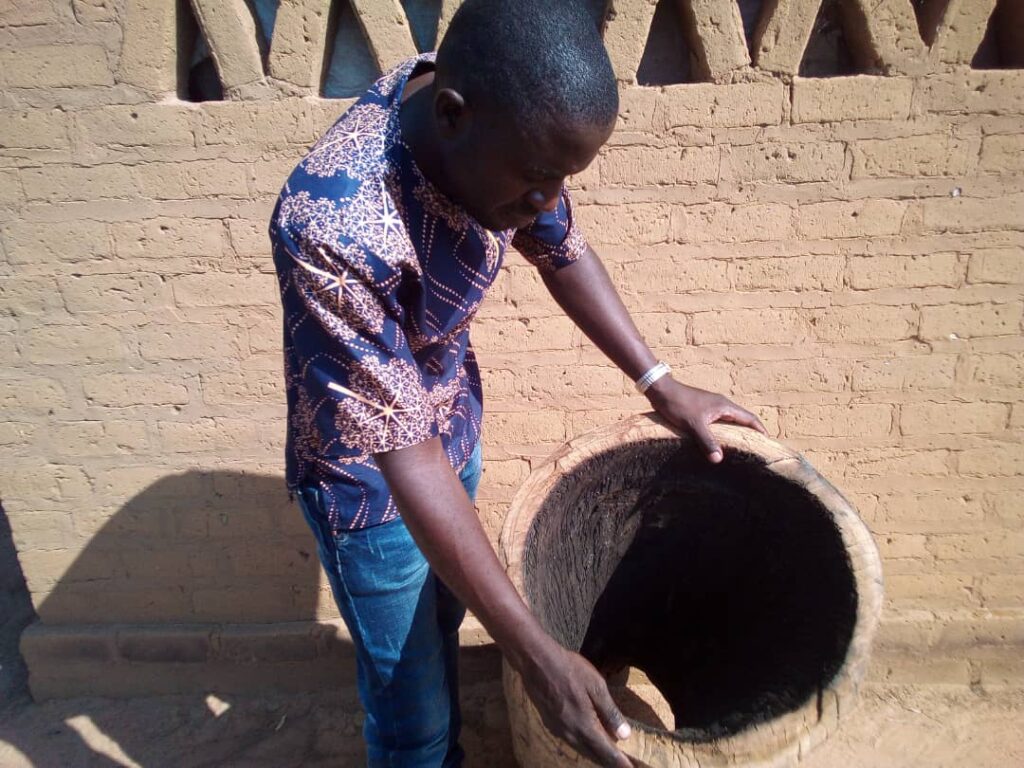
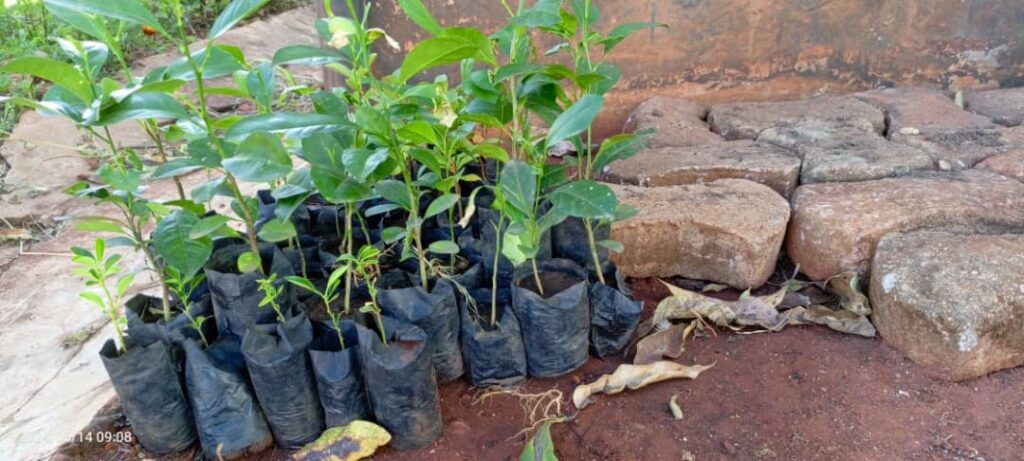
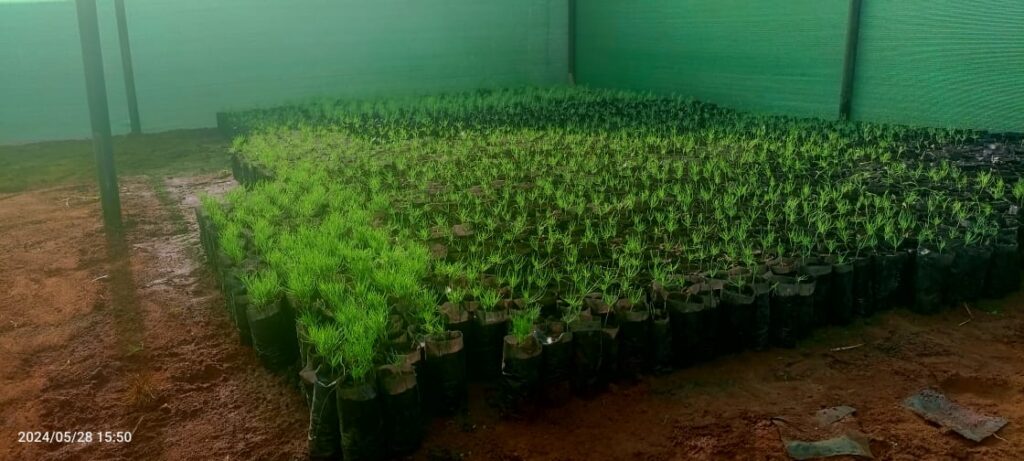
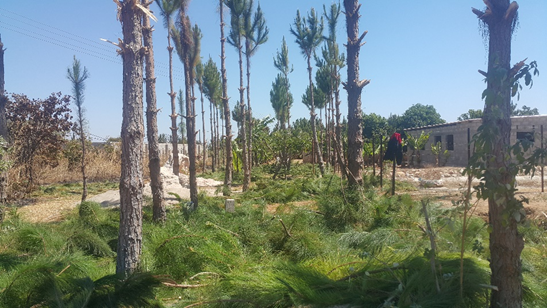
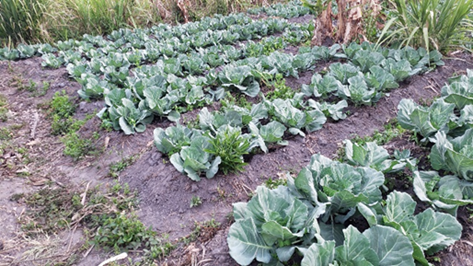
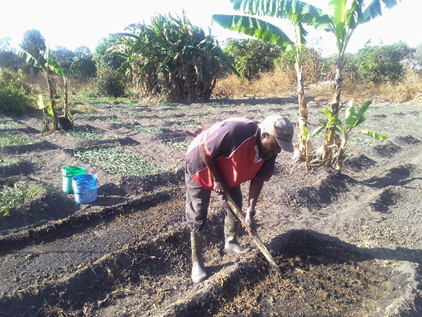
Working with more than 2,800 households across the province, Households in Distress takes an intentional approach to climate action by embedding climate resilience elements into every level of its programming:
- promoting and training participants in climate-smart agriculture techniques;
- actively promoting and facilitating the use of biogas stoves as an alternative energy source for cooking;
- and engaging community members and stakeholders in education and training around biodiversity conservation and community sensitisation around climate change.
Households in Distress participants involved in the project’s climate action initiatives are experiencing increased food and nutrition security because of diversified, sustainable agricultural methods that minimise their impact on the environment and result in more sustainable, productive livelihood opportunities. By utilising informed, resource-efficient farming practices, they are also contributing to the preservation of the environment for future generations.
“Everything changed for us in 2021 when I was identified by the Households in Distress programme. After the training, I was empowered with a biogas system and three pigs, which completely turned our lives around. We’ve witnessed the power of climate-resilient agriculture and food production in uplifting vulnerable communities in Mungwi and the Northern Province. Our story is a testament to the incredible impact of sustainable farming practices and the support of organisations like the Sisters of the Sacred Hearts of Jesus and Mary. Join us in celebrating the transformational power of climate-resilient agriculture and food production!”
– Mathews Mukuka, age 46. Farmer, husband and father of six in Fundi Boma Village, Mungwi District, Northern Province of Zambia.
“Climate action is not just an option; it is a necessity, says Wesley Singogo, Project Manager of SSHJM HID programme. “Our commitment to sustainability is steadfast, and we are proud to contribute to global efforts aimed at preserving our environment for future generations. By prioritising education, engaging communities, and implementing innovative solutions, we are paving the way for a more sustainable future.”

